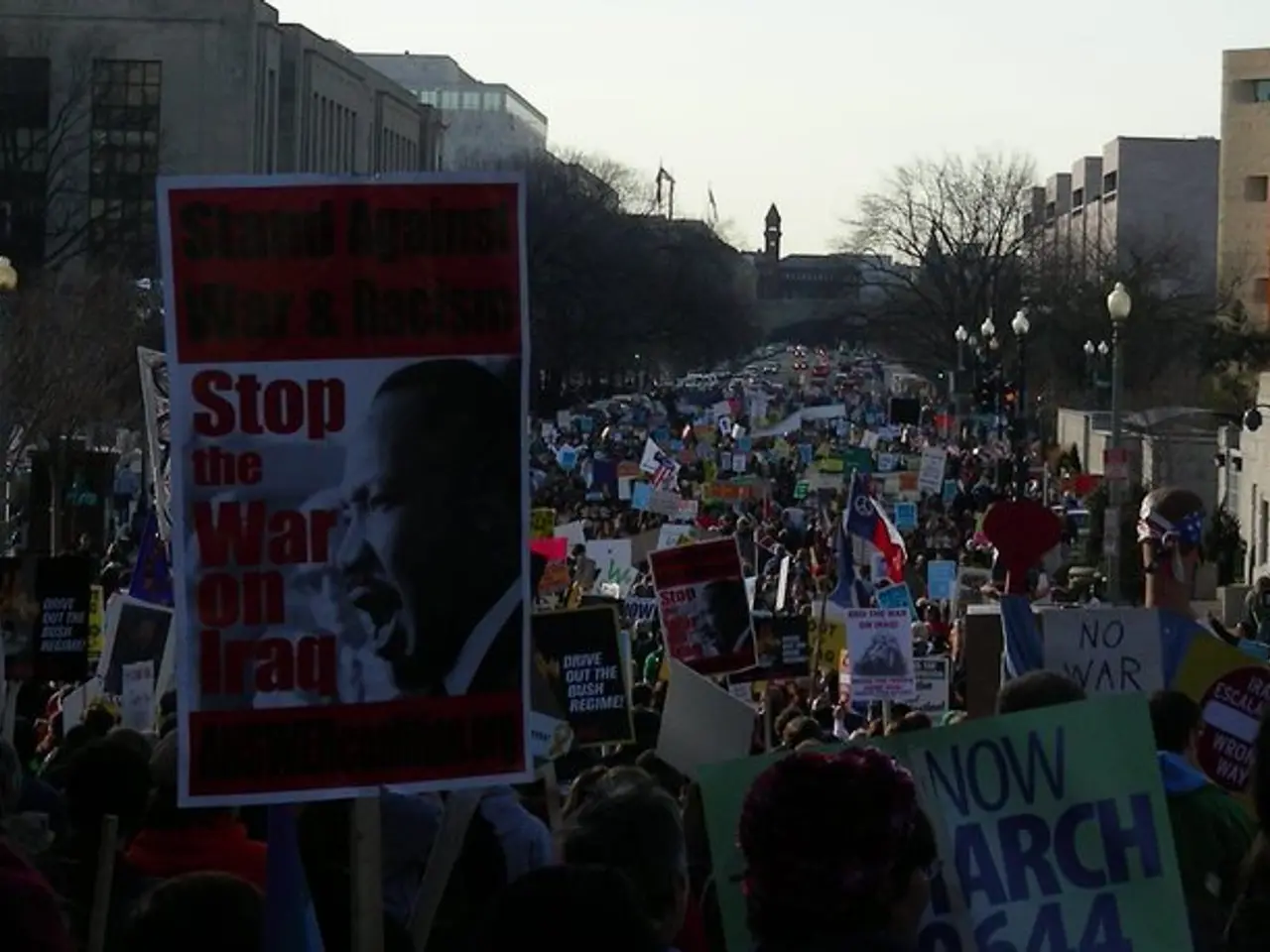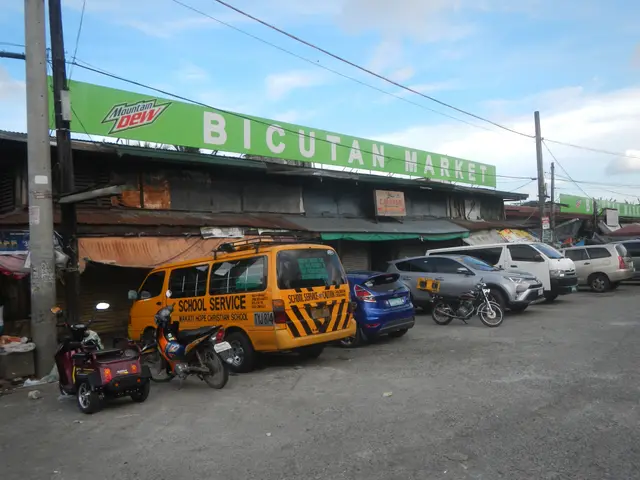Vendors on the streets are laborers - they deserve labor rights
In a significant stride towards ensuring a safer and more equitable work environment, 49 countries have ratified the International Labour Organisation's (ILO) Convention No. 190 as of April 2025. This treaty, focused on preventing violence and harassment at work, is a beacon of hope for millions of street vendors globally.
Street vendors, an integral part of the urban fabric worldwide, supply affordable goods and services to communities. However, they often face unique risks, including harassment, intimidation, and violence from local authorities, law enforcement agents, and sometimes even demands for bribes and threats to confiscate their goods.
Despite being treated as illegal workers without rights by governments, many street vendors, particularly women, have shown resilience. In South Africa and Nigeria, for instance, street vendors have taken matters into their own hands. They have created childcare centers to provide a safe environment for children while their parents work and formed committees against gender-based violence and harassment, implementing reporting and investigative procedures.
The ILO's adoption of Convention No. 190 in 2019 is a testament to the organisation's commitment to upholding the rights of every worker to a world of work free from violence and harassment. The treaty includes prevention measures, complaints mechanisms, and support for survivors of violence.
StreetNet International, a group of workers' organizations, played a crucial role in ensuring that workers in informal employment, including street vendors, were included under the treaty. Urban, social, and economic policies should now incorporate the realities of street vendors, support their rights, and uphold their dignity.
However, the journey towards full implementation is not without challenges. Street vendors usually lack access to social security systems and labor protections. In some regions like Bangladesh, Global, and South Asia, law enforcement agents have been reported to threaten arrest and violence against street vendors.
The story aligns with the SDGs of Economic growth (SDG 8), Inequality (SDG 10), Peace (SDG 16), and Partnerships (SDG 17). It is a reminder that every worker deserves a safe and secure work environment, regardless of their occupation or location.
This story was published with permission from Thomson Reuters Foundation, a charitable organization covering humanitarian news, climate change, and women's rights. It is related to topics such as Cities, Policy & Finance, and its tags include corruption, crime, education, jobs, inequality, poverty, human rights, gender, women, inclusion, livelihoods, and workplace wellbeing.
Read also:
- Street vendors are laborers, entitled to labor rights
- Trump Declares 'Internet Users' Are Fawning Over Him in Strange School Address
- United States contemplates imposing tariffs on Japan, potentially resulting in billions of dollars in losses for automotive original equipment manufacturers.
- Exploration of Tony Robbins' Business Empire: An In-depth Analysis of His Company Holdings








